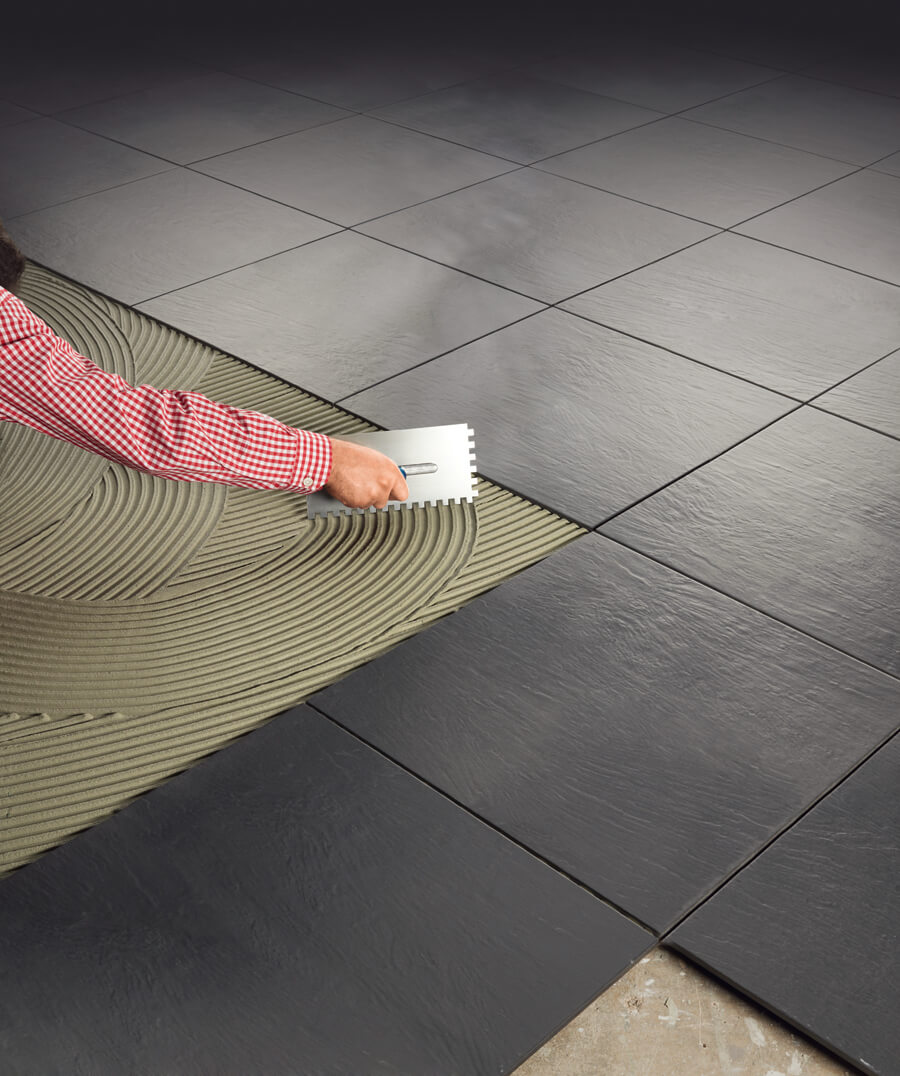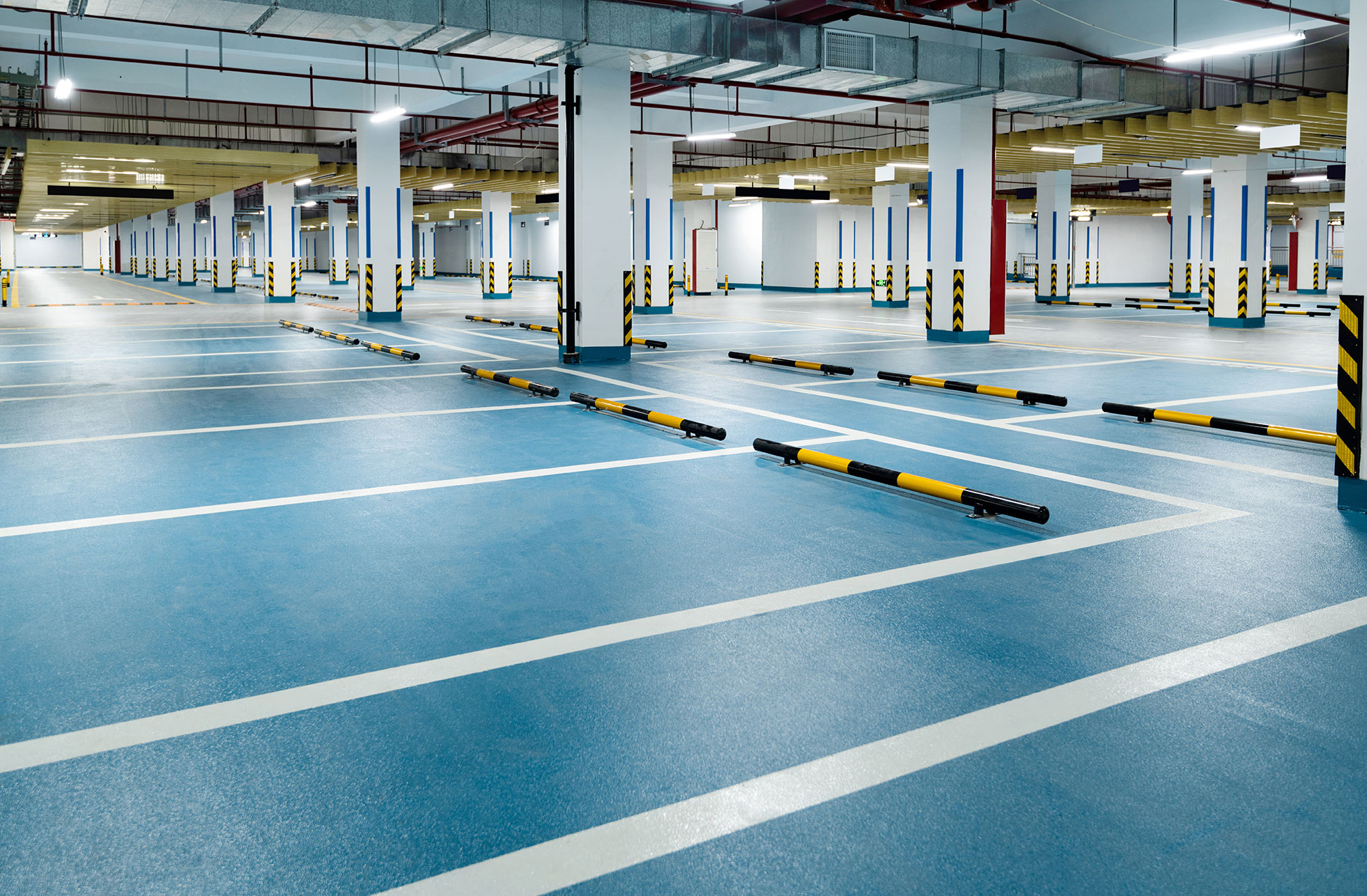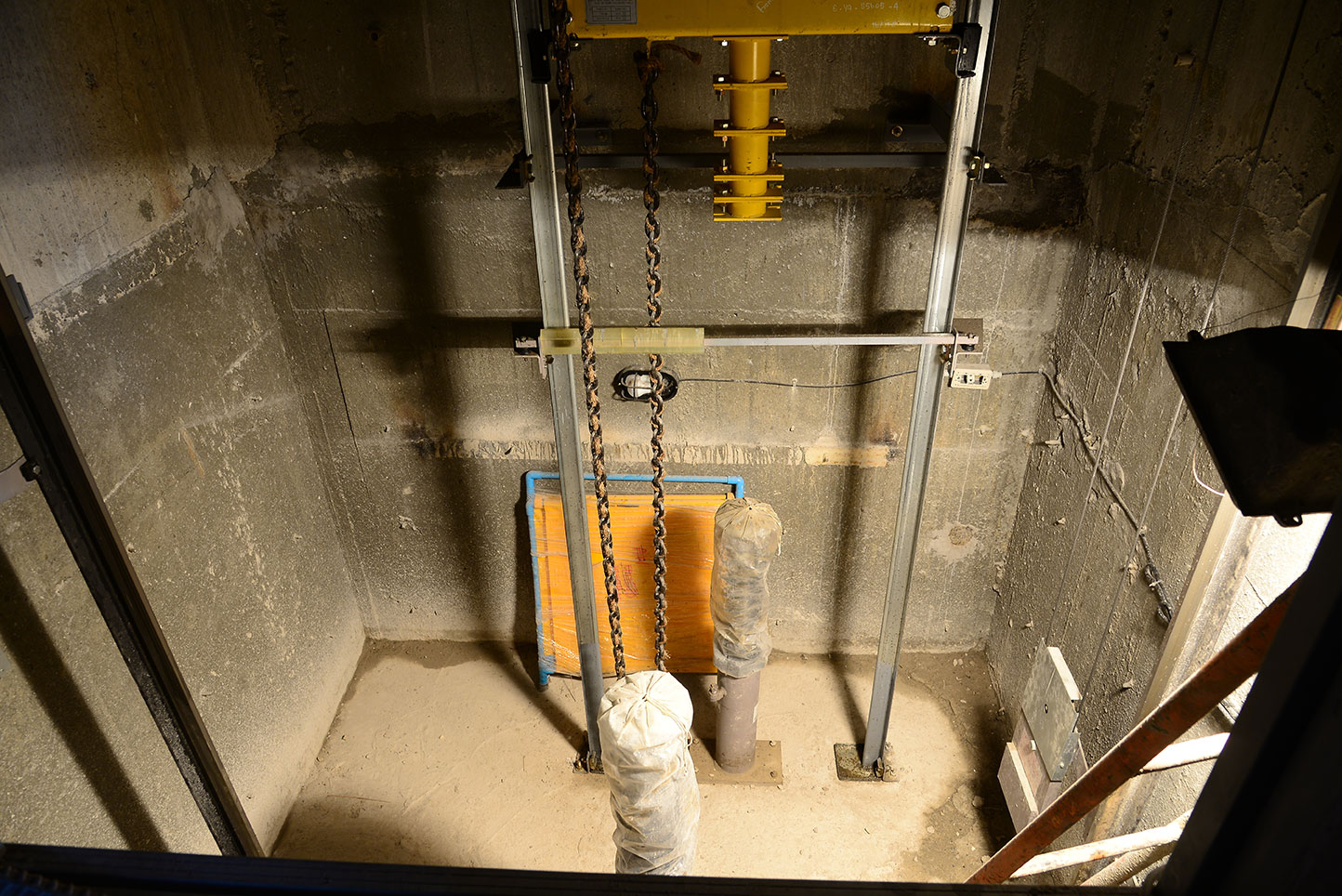
How To Choose The Best Tile Adhesive: Ultimate Guide
ARDEX ENDURA
02 Jun 2025
05
Choosing the right tile adhesive is essential to ensure a durable and efficient tile installation. The right adhesive holds the tile in place and prevents the occurrence of cracks or displacements over time.
With the advent of tile adhesives, the need for cement mortars has strongly declined. Cement mortar is complicated to mix and use and often creates chaos and mess. Tile adhesive, on the other hand, is incredibly versatile and compatible with a wide variety of substrates. It requires far less labor and time and works well with most types of tiles.
This tile adhesive guide aims to help you choose the best tile adhesive by examining the factors to consider when selecting one and common mistakes to avoid at the time of purchase.
Why Does Choosing the Right Tile Adhesive Matter?
Choosing the right tile adhesive is essential to maintaining the longevity of your tiles and the success of your tiling project. It is also important to ensure the secure placement of tiles, their durability, resilience to moisture, tolerance to temperature change and more.
In the case of tile adhesives, ISO has detailed specific standards that all manufacturers must maintain. These standards are fixed based on strength, durability and suitability.
Understanding Tile Adhesives: Types and Their Uses
Cementitious Adhesives:
Cement-based adhesives are ideal for porcelain, cement and ceramic. They are mainly used for indoor installations. Examples include Durafix Gold Star Premium and Durafix Silver Star Premium, which are known for their strong bonding capabilities.
Cementious adhesives are available in powder form and must be mixed with water to make a paste. This paste is then used to attach natural stones and ceramic and porcelain tiles to substrates such as concrete, wood, cement backer board and more.
Polymer-modified adhesives:
These tile adhesives are enriched with polymers and are used by manufacturers to improve flexibility and bond strength. This makes them ideal for areas with plywood or old tiles.
Polymer-modified adhesives' properties also make them suitable for high-traffic areas, ensuring longevity and durability. Products like Ardiflex S2 and Gold Star Plus are specially designed to withstand movement and stress.
Epoxy-Based Adhesives:
Epoxy adhesives are used in heavy-duty areas where moisture and chemical exposure are high. Epoxy is a part adhesive containing epoxy or polyurethane materials, and it is used to achieve superior waterproofing, chemical resistance and bond strength.
The hardener and resin have to be mixed in the right ratio to achieve the required consistency. It is used to fix glass or metal tiles in swimming pools, commercial kitchens and scientific labs.
Factors to Consider When Choosing Tile Adhesives
- Tile Type: The type of tile is an important aspect to consider when choosing the best tile adhesive. Different types of tiles require different types of adhesive. For instance, cementitious adhesive is ideal for indoor ceramic tiles, whereas epoxy adhesive is used in areas of high moisture, such as washrooms and swimming pools.
- Surface Type: The surface on which the tiles have been attached is known as the substrate. The kind of adhesive you use also depends on the substrate category. The adhesive you will use on a concrete substrate will be different from the one for a wooden subfloor.
- Location: Another determining factor in the choice of tile adhesives is the location of the tiles. The tiles being laid in the bathroom will require a waterproof adhesive like epoxy. The adhesive required for a wall may be different from the adhesive used for floor tile installations.
- Tile Size: The size of the tile also impacts the choice of adhesive. Tiles with a larger service area will require more adhesive. In addition, larger tiles are heavier and will require higher bond strength, such as Diamond Star, to prevent slippage and ensure stability.
- Flexibility and Bond Strength: Tiles being installed in areas subjected to frequent temperature changes need adhesives that can expand or contract. This helps manage these changes without tampering with the bond.
- IS 15477:2019: Adhesives have been classified into five types based on their adhesive strength and the type of tile being installed. Based on the IS 15477:2019 standard, there are five types of adhesives:
- Type 1: Suitable for tiles >3% porosity, including clay, ceramic and other non-vitrified tiles.
- Type 2: Suitable for tiles that have less than or equal to 3% porosity and are used in areas subjected to a lot of moisture.
- Type 3: Ideal for outdoor walls on subfloors such as plaster or concrete, type 3 is apt for areas that receive high pressure.
- Type 4: Ideal for tiles on dry wallboard substrates made from gypsum, plywood, regular wood, etc.
- Type 5: Ideal for use in high-traffic areas and areas exposed to extreme temperatures and chemicals, such as inside a science laboratory.
- Technical Requirements as per IS 15477:2019
- Open Time: Should not be less than the time mentioned by the manufacturer.
- Slip: Should not be more than 0.5mm.
- Deformity: Deformity is required for vertical applications and is mentioned as S1 and S2.
- Deformable Adhesive S1 ≥ 2.5mm, < 5.0mm
- Highly Deformable Adhesive S2 ≥ 5.0mm
- EN 12004: EN 12004 is a European standard that specifies the requirements for adhesives for ceramic tiles. It covers dispersions(D), cementitious (C) and reaction resin adhesives(R), which are used for installing ceramic tiles on walls and floors both indoors and outdoors. The standard provides product characteristics, working methods, terminology and application properties for these adhesives.
Common Mistakes to Avoid
- Wall adhesives should not be used to install floor tiles as they are not subjected to similar pressure and footfall.
- Not allowing the adhesive to dry properly can weaken the tiles' bond and cause them to loosen over time.
- Choosing the wrong adhesive for high-moisture environments can result in mould growth.
- Not checking the compatibility of the tile adhesive with the substrate can lead to bond failure.
Conclusion
Ardex Endura offers a comprehensive range of high-quality tile adhesives designed for various tile types, surfaces, and environmental conditions. By selecting the right Ardex Endura adhesive, you can achieve a strong, durable bond that ensures long-lasting tile installations. Whether for residential or commercial projects, we provide superior adhesion, flexibility, and moisture resistance. Choose us for reliable and professional-grade tile fixing solutions.




